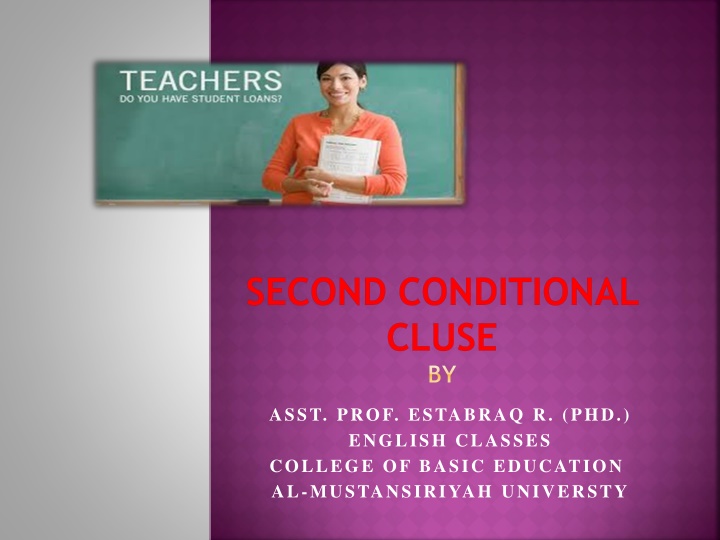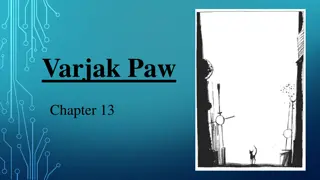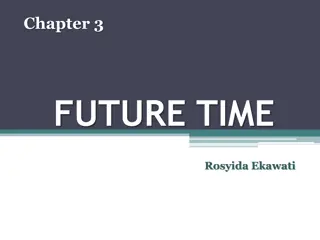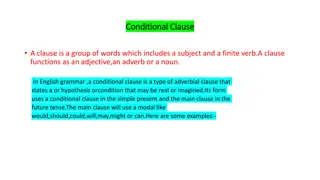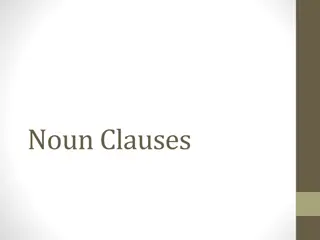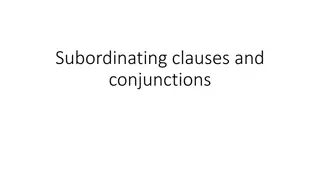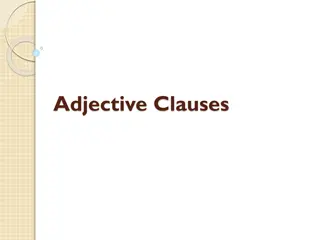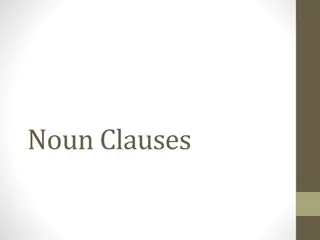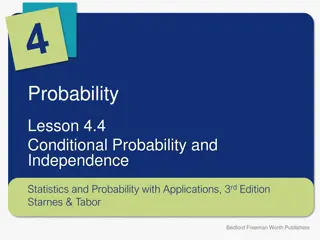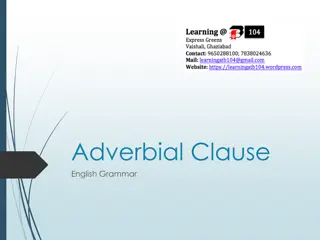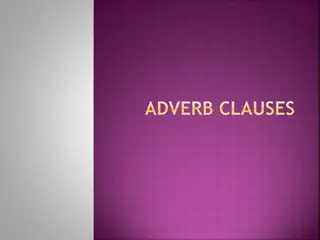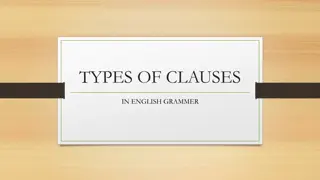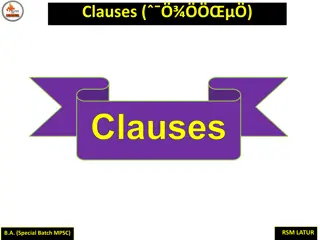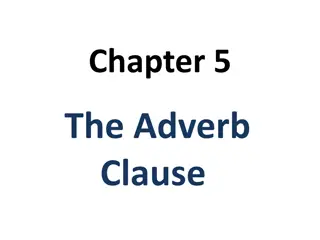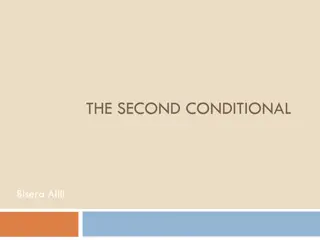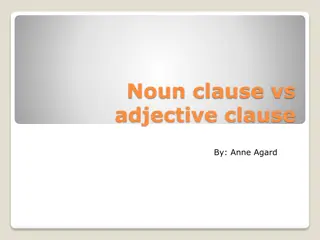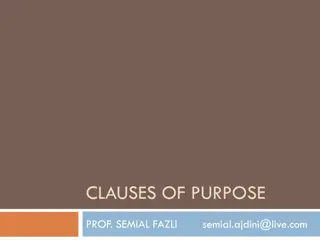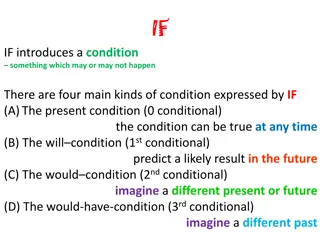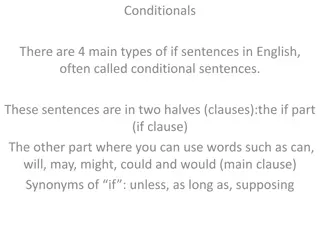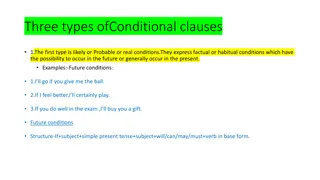Second Conditional Clauses
Second conditional sentences express unrealistic outcomes in the future. Avoid common mistakes by using simple past in the if-clause and modal verbs in the main clause. Examples and explanations provided for clarity.
Download Presentation

Please find below an Image/Link to download the presentation.
The content on the website is provided AS IS for your information and personal use only. It may not be sold, licensed, or shared on other websites without obtaining consent from the author.If you encounter any issues during the download, it is possible that the publisher has removed the file from their server.
You are allowed to download the files provided on this website for personal or commercial use, subject to the condition that they are used lawfully. All files are the property of their respective owners.
The content on the website is provided AS IS for your information and personal use only. It may not be sold, licensed, or shared on other websites without obtaining consent from the author.
E N D
Presentation Transcript
SECOND CONDITIONAL CLUSE BY ASST. PROF. ESTABRAQ R. (PHD.) ENGLISH CLASSES COLLEGE OF BASIC EDUCATION AL-MUSTANSIRIYAH UNIVERSTY
Second conditional sentences are useful for expressing outcomes that are completely unrealistic or will not likely happen in the future. Consider the examples below: If I inherited a billion dollars, I would travel to the moon. If I owned a zoo, I might let people interact with the animals more.
Notice the correct way to structure second conditional sentences is to use the simple past tense in the if-clause and an auxiliary modal verb (e.g., could, should, would, might) in the main clause (the one that expresses the unrealistic or unlikely outcome). The following sentences illustrate a couple of the common mistakes people make when using the second conditional:
If I inherit a billion dollars, I would travel to the moon. If I inherited a billion dollars, I would travel to the moon. Explanation: When applying the second conditional, use the simple past tense in the if- clause.
If I owned a zoo, I will let people interact with the animals more. If I owned a zoo, I might let people interact with the animals more. Explanation: Use a modal auxiliary verb in the main clause when using the second conditional mood to express the unlikelihood that the result will actually happen.
